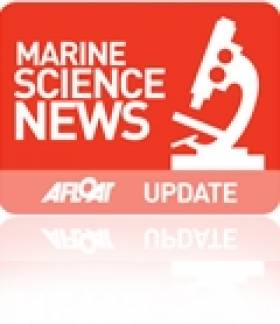Displaying items by tag: Costa Rica
Three Dead In Catamaran Capsize Off Costa Rica
#Capsize - Three people are reported dead after a tourist catamaran capsized off Costa Rica, as the Guardian reports.
The incident, which occurred yesterday (8 January) some nine miles off the Central American country's Pacific coast, is thought to have claimed the lives of a Briton, an American and a Canadian.
Survivors from the boat, carrying nearly 100 tourists and 10 crew on a day trip to Tortuga Island, say it was swamped by strong waves that quickly filled the vessel with water.
The Guardian has more on the story HERE.
Marine Agriculture Could Be Answer To World Hunger Problem
#MarineScience - With world hunger set to be a hot button issue at the G8 summit in Northern Ireland this summer, the Guardian reports on one possible solution to the problem of food scarcity in the developing world in the form of marine agriculture.
Water scarcity is "the most severe impediment to increasing food production and security", particularly in regions like the Sahel in West Africa, where irrigation is not a practical option and dry seasons often ruin traditional rain-fed harvests.
But water scientist Ricardo Radulovich of the University of Costa Rica posits a novel approach - take advantage of Africa's lakes, many of which cover a large surface area, by using the water surface to grow crops and farm fish.
A prototype project in Nicaragua has produced crops of fruit and vegetables on floating rafts which can be made cheaply from various everyday materials.
Radulovich and his team also talk up the benefits of cultivating water-borne plants normally considered weeds, such as water hyacinth, to encourage biodiversity and attract bigger fish to areas with poor numbers.
The Guardian has much more on the story HERE.

























































